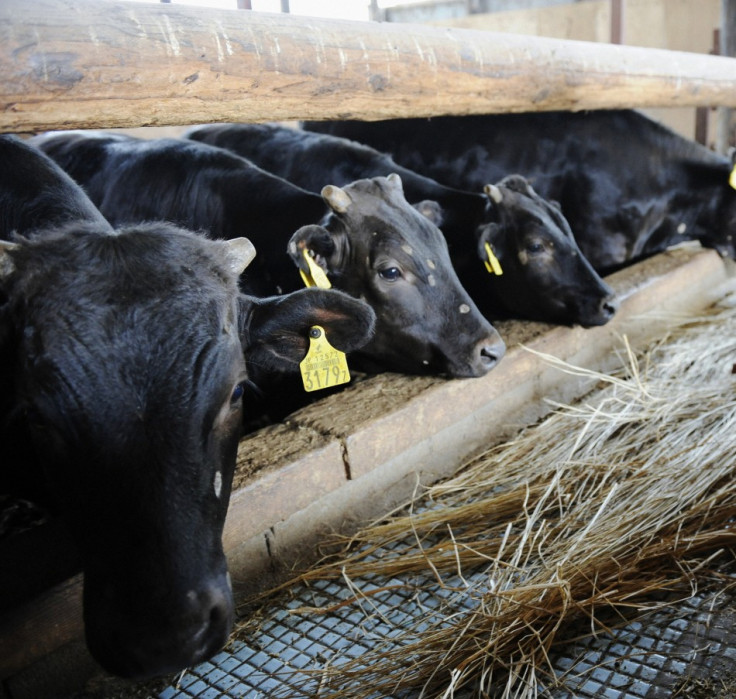Eat Less Beef and Cut Down on Carbon Emissions

If the average American switched from eating beef to pork, there would be a reduction in carbon dioxide emissions by 1,200lbs (544kg) a year, which is approximately nine days' worth of the nation's per capita greenhouse gas emissions, a US study has revealed.
This would be the same as the emissions from burning 61 gallons of gas or 580lbs (263kg) of coal.
Pork, poultry, dairy and eggs leave comparable environmental footprints but the impact left by beef is significantly higher.
Raising cattle to produce beef produces five times more heat-trapping gases per calorie, puts out six times as much water-polluting nitrogen, takes 11 times more water for irrigation and uses 28 times more land than is required for producing other animal proteins, says the study published in the journal Proceedings of the National Academy of Sciences.
Cows aren't efficient at converting feed to protein for human consumption. They burp large amounts of methane, a greenhouse gas much more potent than carbon dioxide. And manure used to grow feed for cows also releases methane, as does the animals' own bodily waste.
US government figures were used to calculate how much water and land were used in the lifetime production of beef, pork, poultry, dairy and eggs.
Ken Caldeira, an environmental scientist at the Carnegie Institution for Science, also has conducted a separate study of beef's greenhouse gas footprint around the world.
Published this month in the journal Climatic Change, the study found that "eating a pound of beef causes more greenhouse warming than burning a gallon of gasoline".
Caldeira found livestock accounted for 9% of the world's total greenhouse gases and their overall output has increased by 51% since 1961.
While the developed world decreased its carbon emissions from livestock by 23%, the developing world has more than doubled its emissions. In effect, greenhouse gases from livestock have risen by more than 50%.
© Copyright IBTimes 2025. All rights reserved.





















